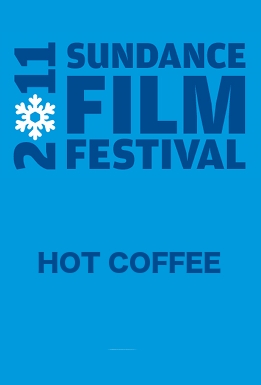I confess I never realized that I
knew so little about our rights as consumers to sue. Hot Coffee clarifies the arduous process for consumers to file lawsuits against
corporations. And it does so in easy-to-understand-terms, without alienating
its audience.
The film begins by explaining the real story of the woman who
sued McDonald's after very hot coffee spilled on her. Hot Coffee discusses that this situation set off a trend of
lawmakers making false claims, stating that "frivolous lawsuits" needed to end.
In turn, this sets off a wave of issues such as tort reform, caps on damages
and mandatory arbitration. We see a variety of other stories of families and
people affected by these laws.
Truly, the stories are heartbreaking. Not one of the people ends
up making millions, as some would have you believe. The plaintiffs had to fight
hard, and each is continuing even now to do so, in order for their lives to be
restored. In furthering the point, the filmmakers did an excellent job of
finding valuable subjects to better explain the message.
I never once felt "in over my head," so while the topic may not
seem that interesting, I promise you, it is. As citizens, we should know, for
instance, that the U.S. Chamber of Commerce is not a government entity, but a
group founded by business corporations. None of the issues were difficult to
understand and I was glad for the information.
Although, I'm writing about everything the film taught me, I'm
aware that I should question the validity of their statements. Fortunately, Hot Coffee thought I should too, which
is why at the end of the movie, the filmmakers ask the audience to investigate
information for itself as one of their tips on how to take action.
Hot Coffee made the
successful argument that we should fight against corporations taking away our
rights to pursue legal action. Almost everybody should listen to these issues.

